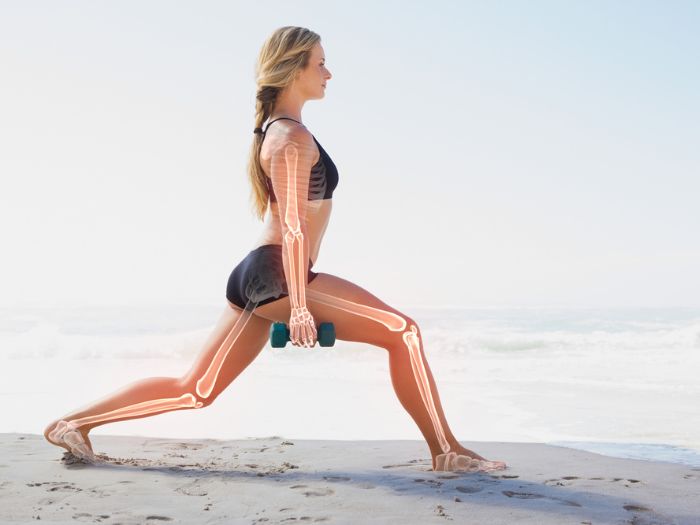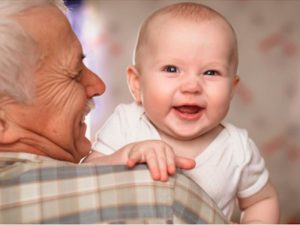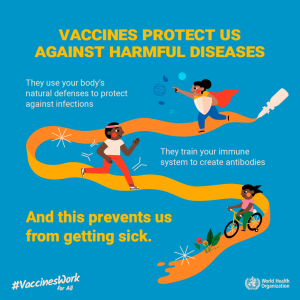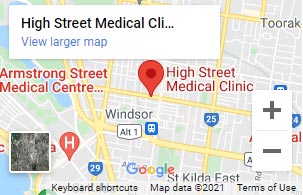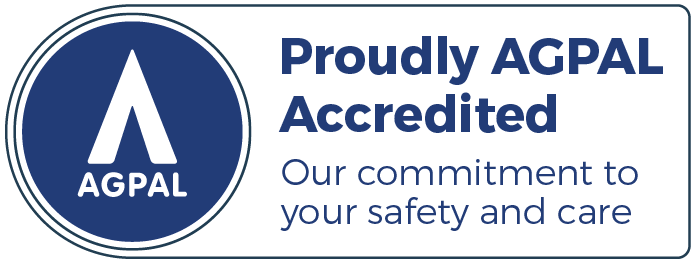August 21-27 is Healthy Bones Action Week, a week with the objective of educating and encouraging all Australians to look after their bone health.
Bone health means taking care of your bones through proper diet, regular check-ups and measures to keep them strong.
There’s a lot to it.
To make bone health digestible for our community, the medical team practising at High Street Medical Clinic has put these important messages together:
🦴 ONE: Simple things you can do to improve your bone health
🤔 TWO: Answers to the most common questions on bone health
But first, bone health in general
Healthy bones are often seen as an important key to an active life, something us Aussies are well known for.
This is especially important for primary school kids, and as pointed out by Healthy Bones Action Week, there are three simple actions for stronger bones:
- Consume: Milk, cheese and yoghurt for calcium
- Exercise: Do weight-bearing exercises
- Vitamin D: Get safe sunshine for vitamin D
FYI: Calcium combines with other minerals to give bones strength and structure. Almost 99% of the body’s calcium is found in the bones.
Vitamin D is necessary for absorbing calcium. If kids don’t get enough, they can develop bone weakness, bowed legs, and other skeletal deformities, such as stooped posture.
Simple things you can do to improve your bone health
There are many things you can do.
ONE: Eat calcium-rich foods
Include dairy products, leafy greens, fortified plant-based milk in your diet to ensure adequate calcium intake for strong bones.
Here are some calcium-rich foods
- Milk, cheese and other dairy foods
- Broccoli, cabbage and okra
- Soy and tofu
- Nuts
- Bread and anything made with fortified flour
TWO: Get enough vitamin D
Spend time outdoors in sunlight (with sun protection), consume vitamin D-rich foods like fatty fish, fortified foods, or consider supplements if recommended by a healthcare professional.
Vitamin D is a fat-soluble vitamin that has long been known to help the body absorb and retain calcium and phosphorus; both are critical for bone health.
THREE: Things to limit or avoid completely
Soft drinks and caffeine
Excessive consumption of fizzy drinks and caffeine can affect calcium absorption, so it’s best to moderate their intake.
According to Health Direct, “The research is not clear, but it is likely that healthy adults can in general consume around 400mg of caffeine a day safely”.
And, so you know:
- 1 teaspoon of instant coffee: 80 mg of caffeine
- Energy drink (250mL can): 80 mg of caffeine
- Standard cup of coffee (single shot): 60-80 mg of caffeine
Smoking
Smoking weakens bones and hinders the body’s ability to absorb calcium, so quitting smoking is beneficial for bone health.
Alcohol
Excessive alcohol consumption can decrease bone formation and weaken bones, so aim to moderate alcohol consumption.
FOUR: Stress management
It’s been well documented that stress, meaning stress from work, family and lifestyles, can negatively impact bone health.
Practice stress-reduction techniques like mindfulness, meditation, and relaxation.
Managing stress is an important part of everyone’s overall health, not just bone health.
FIVE: Regular health check-ups
Monitor bone health through regular check-ups, and discuss any concerns with a professional.
Regular check-ups allow you:
- Discuss any concerns with your doctor (rather than ignoring what could be a sign of bigger problems)
- Undergo recommended tests and understand the results
- Make any changes to your lifestyle that could help prevent future problems
FAQs on bone health
Bone health undergoes significant changes as we age.
When we’re younger, bones grow stronger and denser, reaching their peak mass around the age of 30.
However, as individuals enter middle age and beyond, bone resorption (the process by which bone tissue is broken down) starts to outpace bone formation, leading to a gradual loss of bone density and strength.
This age-related bone loss becomes more pronounced, particularly in women after menopause due to decreased oestrogen levels.
As a result, the risk of fractures, especially of the hip, spine, and wrist, increases.
Cracking your knuckles, aka joint cavitation, is generally not considered harmful to bones.
The popping sound that occurs when you crack your knuckles is the result of gas bubbles being released from the synovial fluid that lubricates and cushions your joints.
This does not damage bones or joints in the long term.
However, excessive or forceful cracking of knuckles could potentially strain the surrounding ligaments and lead to joint instability over time.
Several lifestyle choices can negatively impact bone health.
Inadequate calcium and vitamin D intake, often resulting from poor dietary choices, can weaken bones and increase the risk of fractures
A sedentary lifestyle and lack of exercise can lead to reduced bone density and strength Excessive alcohol consumption and smoking can hinder bone formation and contribute to bone loss
Chronic high-stress levels may also affect bone health, as stress hormones can impact bone density
Additionally, crash dieting or extreme weight loss practices can deprive the body of necessary nutrients for bone maintenance
It’s the age-old classic that we’ve all heard before: from kidney health to gut health to overall health, don’t smoke, don’t drink too much and maintain proper diet and exercise.
Bone marrow is a soft, spongy tissue found within the cavities of bones.
It plays a critical role in the body’s production of blood cells, including red blood cells that carry oxygen and white blood cells that help fight infections.
Bone marrow also contains stem cells, which have the unique ability to develop into various types of blood cells.
Proper functioning of bone marrow is essential for maintaining effective blood cell production, which is vital for overall health and immunity.
Yes, healthy bones are generally less prone to fractures compared to unhealthy bones.
Healthy bones have optimal bone density and strength, making them more resistant to fractures even under stress.
On the other hand, unhealthy bones, which can have lower bone density due to things like osteoporosis or inadequate nutrition, are more susceptible to fractures even with minor trauma or stress.
In many cases, a broken bone can be weaker after it has healed, at least temporarily.
When a bone fractures, it initiates a process of repair and remodelling where new bone tissue is laid down at the fracture site.
Over time, through a process called remodelling, the bone can regain strength and eventually match the surrounding bone’s density and structure.
Proper rehabilitation, including physical therapy and appropriate weight-bearing activities, can help optimise the healing and remodelling process.
Osteoporosis is a progressive bone disease that reduces bone density and increases vulnerability to fractures.
It occurs when the body loses bone mass faster than it can be replaced, leading to weakened and brittle bones.
As a result, even minor accidents can cause fractures in people with osteoporosis.
Osteoporosis is more common in older adults, particularly women after menopause, making monitoring an important part of women’s health.
However, the disease can affect people of all ages and genders.
Several supplements can support bone health.
- Calcium is a crucial mineral that contributes to bone structure and strength
- Vitamin D is for calcium absorption and utilisation by the bones
- Vitamin K plays a role in bone mineralisation
- Magnesium supports bone density and strength
Other nutrients like vitamin C, vitamin A, and zinc also play supportive roles.
It’s important to note that while supplements can be beneficial, they should complement a balanced diet and healthy lifestyle, including regular weight-bearing exercise, as the primary means of maintaining optimal bone health.
Before using supplements, you should consult with a medical professional to ensure you’re on the right path per your circumstances.
Bone health at the end of the day
The good news is that like many other areas of your overall health, bone health benefits from a proper diet, regular exercise and adequate sleep and stress management.
This means that by making the right lifestyle choices, you’ll not only improve your bone health, but also general health and wellbeing.
That said, take a look at your lifestyle and daily routine. Is there any room for improvement? Probably.
What could you cut out, reduce, take up and add more of?
If you’re not sure or would like to find out your current level of health, get in touch with us today.

